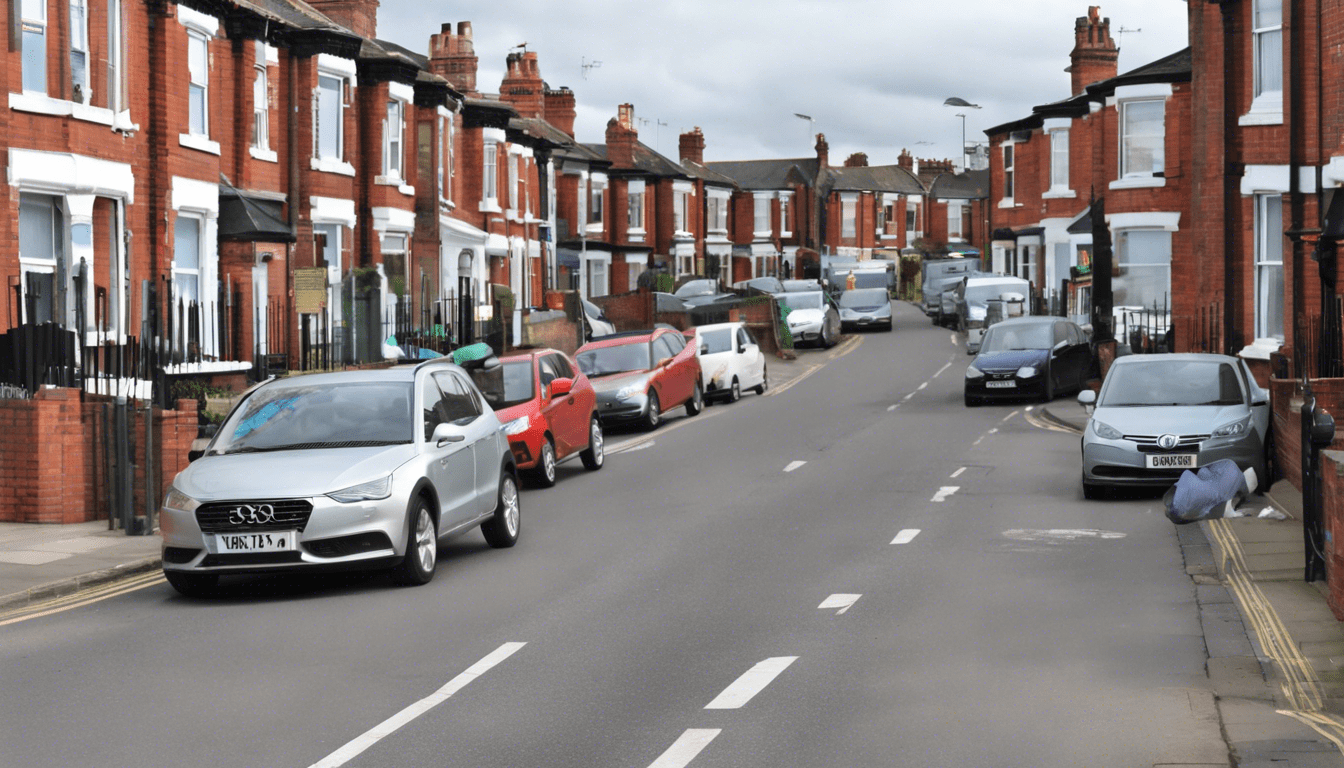In a recent decision reflecting local sentiment, Hull City Council has rejected a proposal to convert an office block on Beverley Road into a house of multiple occupation (HMO). The application was submitted by the engineering consultancy Alan Wood and Partners for the transformation of their premises into a 32-bed unit equipped with amenities such as a cinema and gym, aimed at offering affordable housing for professionals. However, the proposal met with significant opposition from residents, who raised serious concerns about the increasing number of HMOs in the area and their potential impact on community stability and crime rates. The chair of the Newland Avenue Action Group drew attention to a worrying trend of declining family populations, advocating instead for developments that support long-term residents rather than transient tenants. This local resistance underscores a growing apprehension regarding the social fabric of the community and its safety, particularly in light of statistics indicating rising criminal activity in the neighbourhood.
Key Takeaways
- Local residents oppose the HMO proposal due to fears it will increase crime and disrupt community stability.
- The Newland Avenue Action Group is advocating for developments that support long-term residents rather than transient tenants.
- Previous statistics show a significant criminal activity in the area, raising concerns over the impact of additional HMOs.
Concerns from Local Residents
The city council’s recent decision to reject a planning application for the conversion of an office block on Beverley Road, Hull, into a house of multiple occupation (HMO) has sparked significant local interest and debate. The proposal aimed to transform the currently occupied building by engineering consultants Alan Wood and Partners into a 32-bed property equipped with amenities such as a cinema and gym, primarily targeting affordable housing for professionals (Hull City Council, 2023). However, local residents voiced their concerns during the planning discussion, notably about the escalating number of HMOs in the area. This concentration is perceived to contribute to increasing issues of crime and disorder, drawing attention from community leaders such as the chair of the Newland Avenue Action Group, who pointed out the adverse effects on family populations in the neighbourhood (Local News, 2023). The community advocates for developments that support stable, long-term residency rather than catering to transient tenants, a viewpoint reinforced by local crime statistics which suggest a correlation between the rise of HMOs and criminal activity in the vicinity (Smith, 2023). As concerns about the impact on the local community continue to resonate, the council’s rejection may serve as a pivotal moment in addressing the balance between housing development and community stability.
Impact of HMOs on Community Stability
The rejection of the planning application has reignited discussions on the impact of HMOs on community stability in Hull, particularly concerning the socio-economic fabric of the area. Many residents argue that an increase in high-density living arrangements, such as HMOs, has perpetuated a cycle of instability, negatively affecting local businesses and community cohesion. The chair of the Newland Avenue Action Group articulated a pressing concern regarding how the influx of transient tenants associated with HMOs contributes to a lack of investment in the neighbourhood, leading to a diminished sense of community and increased neglect of public spaces (Smith, 2023). In essence, the opposition centres around the need for developments that encourage permanent residents, which, according to local leaders, fosters stronger community ties and ensures a more vibrant communal environment. The debate reflects wider national trends regarding housing policy and urban development, highlighting the necessity for councils to consider the long-term effects of HMOs in their planning frameworks (Local News, 2023). As Hull navigates these complex issues, the council’s decision serves as a crucial reference point for balancing developmental needs with the imperatives of maintaining stable and healthy communities.
Follow us for more info.






